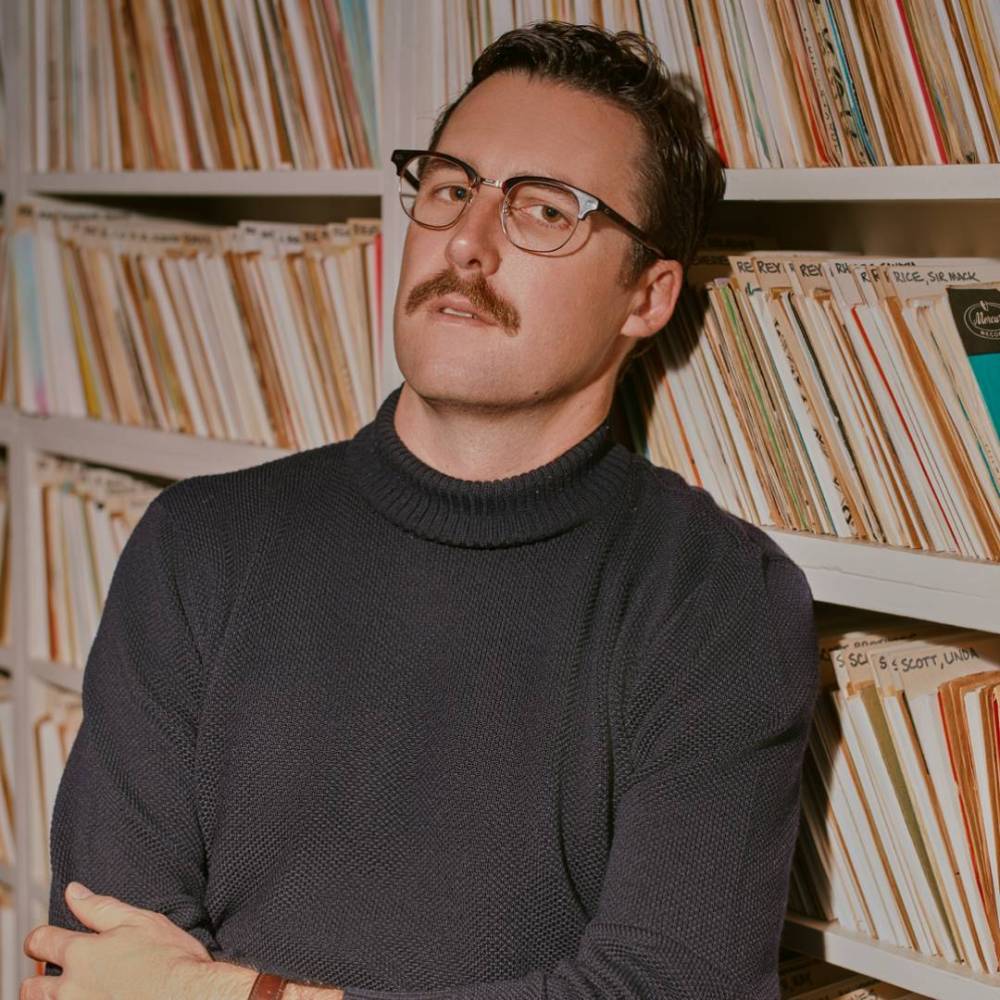Image via Ben Heath
Ross Olson played Chief Keef’s “See Through” for his family on Xmas eve; they were only moderately horrified.
The reaction of the party’s guests left a lasting impression on Nick Waterhouse. As a young child, Waterhouse would frequent his father’s firemen parties, where normally stoic adults became entranced by the magic of the hired band. Waterhouse would cozy up to the main suppliers of the collective dopamine – the rhythm section – and study the unspoken synergy between the drummer and guitar player. From there on, a subconscious determination was born to induce similar bodily escapes for audiences far and wide.
After stumbling upon an old guitar belonging to his father, Waterhouse became a devoted student of the craft. Rhythmic-based rock bands like The Kinks and Creedence Clearwater Revival were early inspirations. Equally important were luminaries like Mose Allison and Van Morrison. After moving to San Francisco for college, Waterhouse hung around record shops and vinyl collectors while continuing to play music. The formative experience led him to record an early 45 that elicited a strong reception around the City. Soon thereafter, Waterhouse retreated to a studio in his hometown, The Distillery in Costa Mesa, to cut what would become his first full-length project, 2012’s Time’s All Gone.
Waterhouse’s sixth LP The Fooler, which arrived fittingly on April 1st via Innovative Leisure, sees his strengths as a songwriter reach imaginative new heights. For the first time in his discography, Waterhouse occupied a more hands-off role, yielding creative control to producer Mark Neill, whose Soil of the South studio in Valdosta, Georgia, served as fertile terrain for the record. Neill, a veteran of analog production who won a Grammy for his work with The Black Keys, stressed the importance of studio presentation and makeup when capturing an imagined world through sound. Soil’s claustrophobic set up meant the manpower behind the record had to be concentrated, leading to a singularly-focused vision shared by its creators.
Instead of orchestrating a nine-piece band or tinkering behind the boards – as he’s done on previous projects – Waterhouse focused on narrative voice and storytelling techniques. The result was a transportive body of work equivalent to a Twilight Zone episode, where time, space, and other celestial properties were immaterial to the character’s quest for deeper meaning and human connection.
The charming mystique of the record is palpable through its cover art: a spectral black-and-white photograph taken by Jim Marshall of the iconic City Lights bookstore in San Francisco. While The Fooler resembles The City in nature, the creative spirit of the project is better understood through the lens of interchanging cities, interesting people, lost loves, ineradicable anxieties and legendary studios that left a profound impact on Waterhouse as an artist and songwriter.
“If it’s strong enough and it’s welded to your heart, you can actually pull it up and the sort of memory image becomes even more searing and powerful than when you were living in it in real time,” Waterhouse says.
Regardless of place or time period, the yearning for love and spiritual connection lies at the heart of The Fooler. “Play to Win” is a rejection of back-and-forth games over pensive piano keys and a swinging groove. Album highlight and rockabilly callback “(No) Commitment” is infectious enough to belie the vexed nature of its narrator, who’s upset over a significant other’s lack of seriousness in their relationship. The title track poignantly reflects on a city that Waterhouse no longer recognizes, with its empty roads and street lamp shadows, along with a relationship that previously existed within it.
I caught up with Nick to talk about his writing process, relinquishing creative control in the studio, channeling evocative memories, and much more.

